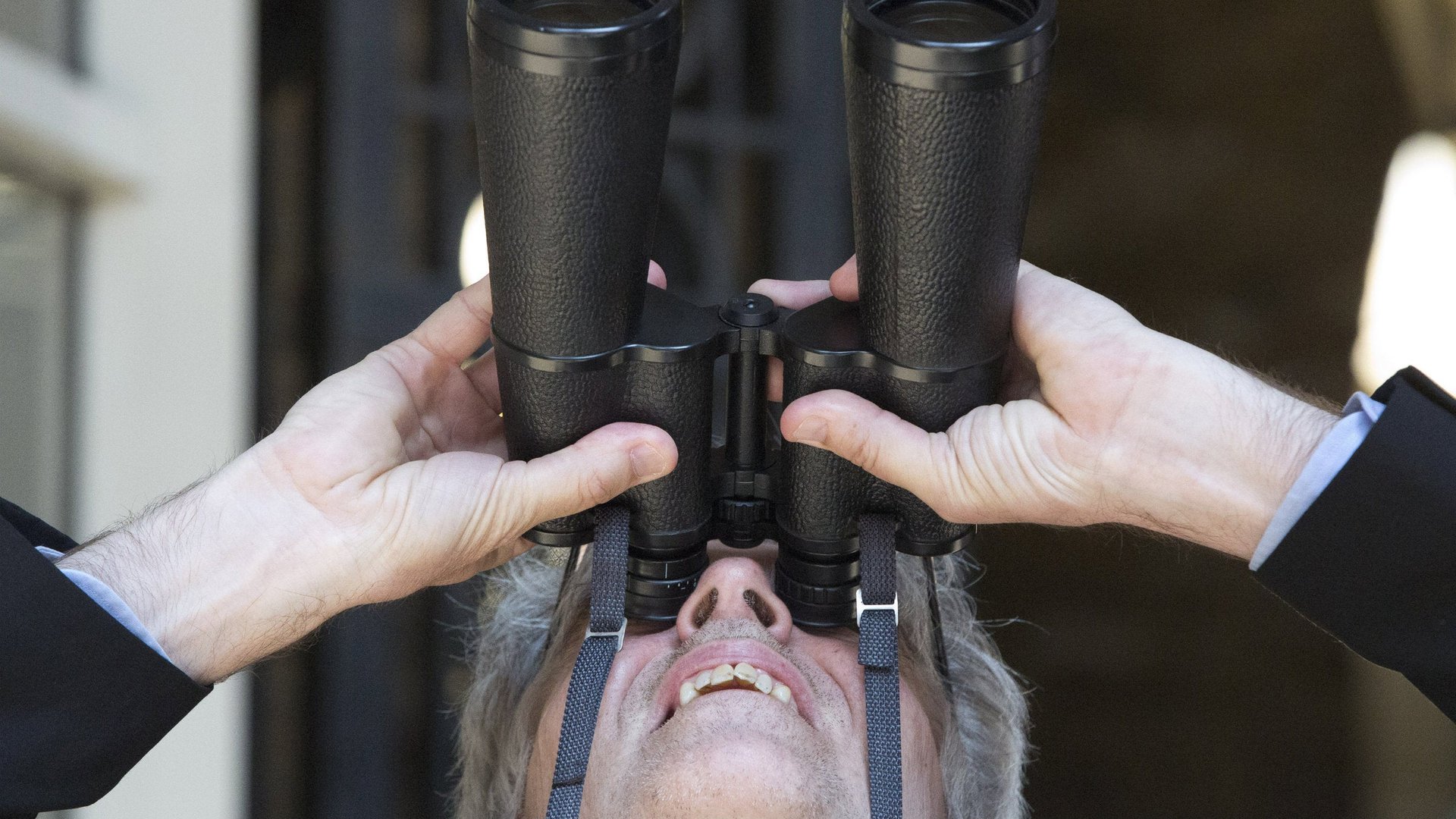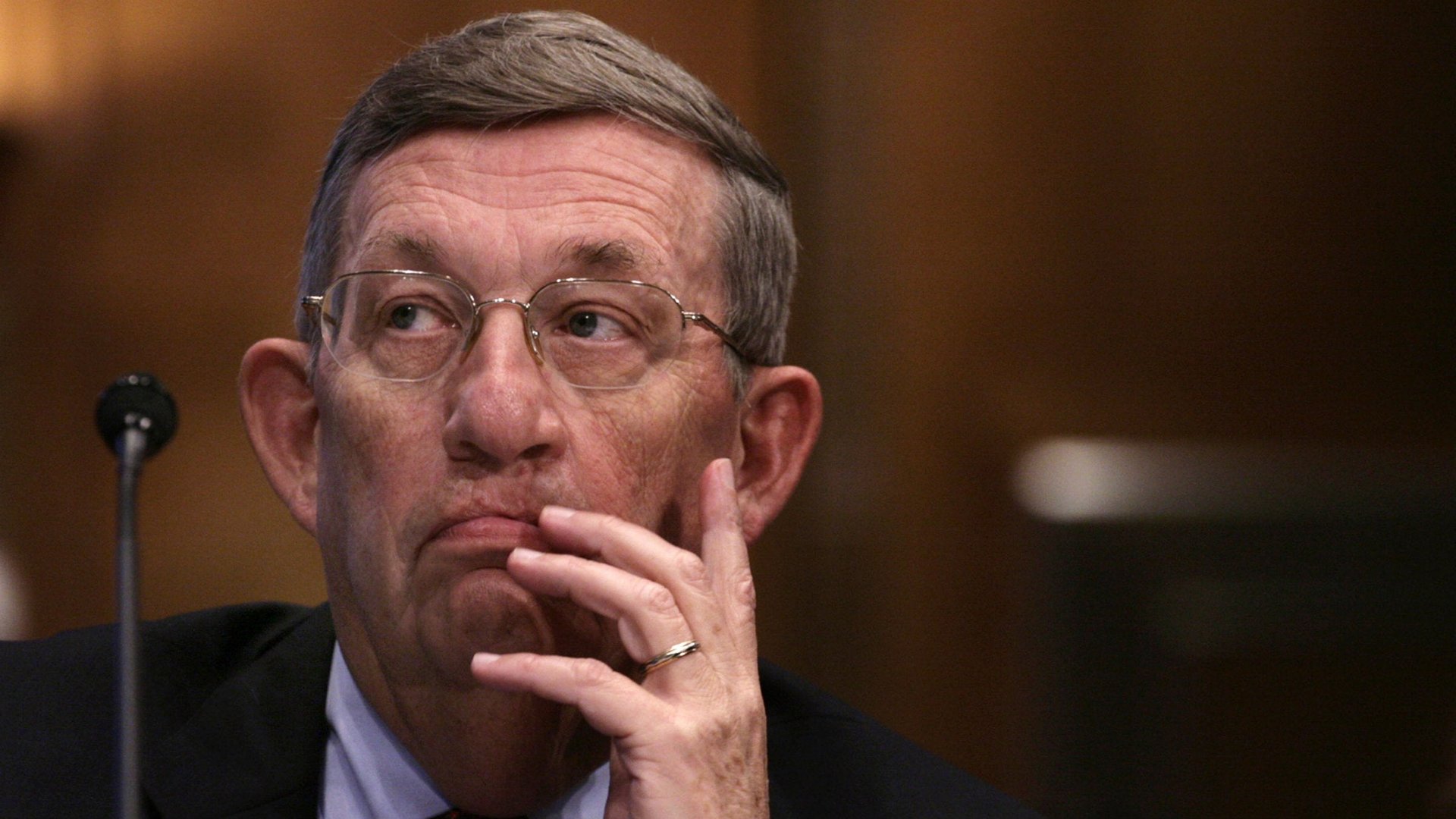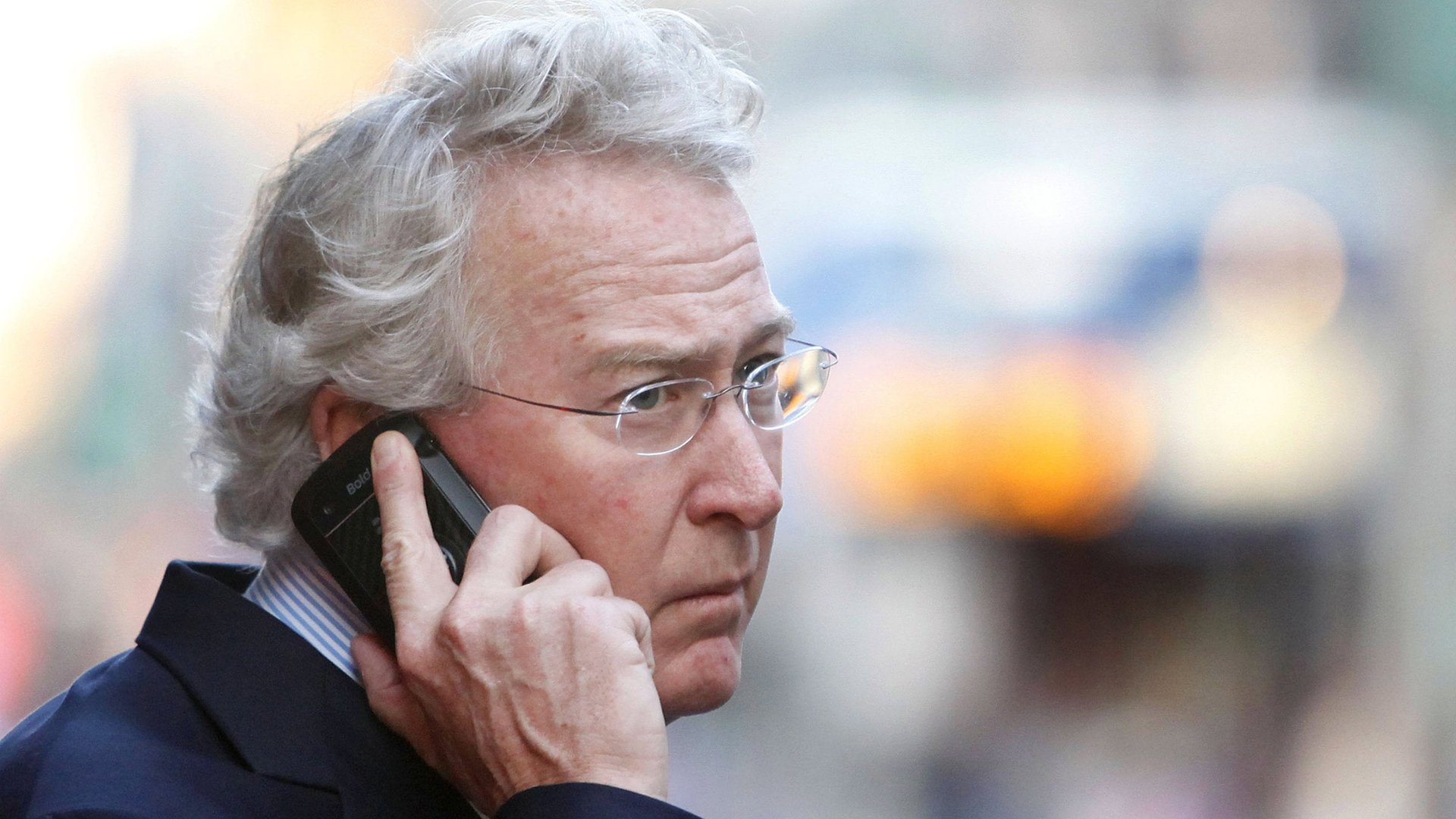These four veterans are using financial wiles, not technology, to break open the oil patch
When it comes to energy supplies, much has been made of a multi-continent revolution triggered by techno-pioneers who have opened up hitherto untappable gas and oil deposits in shale and deep ocean water. But some of the world’s biggest energy plays—Iraqi Kurdistan, British fracking, and Ohio oil shale among them—are not just the result of high-tech approaches, but also of conventional know-how and grit.


When it comes to energy supplies, much has been made of a multi-continent revolution triggered by techno-pioneers who have opened up hitherto untappable gas and oil deposits in shale and deep ocean water. But some of the world’s biggest energy plays—Iraqi Kurdistan, British fracking, and Ohio oil shale among them—are not just the result of high-tech approaches, but also of conventional know-how and grit.
The winning prospectors in this landscape: four of the most controversial figures on the oil patch, all either pushed out or retired from the companies that made them famous.
They are two former CEOs of BP, both of whom left the company under a cloud; the retired CEO of ExxonMobil, known during his day as the meanest man in Big Oil; and the ousted CEO of Chesapeake Energy, who was let go after a financial scandal. Since leaving their respective companies, each reinvented himself, sniffed out opportunity, and dived into some of the risk plays that lie behind the industry’s booming times.
“They’re not wildcatters of old, searching for oil on hunches,” explains Russell Gold, a Wall Street Journal reporter who wrote The Boom, a history of hydraulic fracturing, in an interview with Quartz. “They’re new-school wildcatters, very adept at raising money on Wall Street and in hedge funds, and nimbly pursuing new opportunities.”
The old team from BP

Tony Hayward resigned from BP after the 2010 Deepwater Horizon oil spill in the Gulf of Mexico. Though he did not absorb the blame for the deadly explosion that set off the spill and killed 11 men, he was tripped up by his seriously clumsy use of the English language in public appearances subsequent to the blowout, which appeared to downplay the seriousness of the accident and made the company look bad.
He went on to take the helm of a Turkish oil company called Genel Energy, which has pioneered the oil boom in Iraqi Kurdistan. Hayward leaped into the breach at a moment when the entire industry seemed paralyzed by Baghdad’s prohibition (backed by the US government) on anyone operating in Kurdistan independently. But Hayward, seduced by gigantic prospects and much sweeter terms from the Kurds than Baghdad offered in the south, ignored these remonstrations. That led to ExxonMobil doing the same, followed by Chevron and others. Today, Kurdistan is transporting oil independent of Baghdad. But it required Hayward’s initial pluck to get things started (along with the money of a Turkish entrepreneur named Mehmet Sepil).
Now, Genel is also seeking to drill in Somalia, among the least stable nations on the planet. Somaliland, where Genel is working, is riven with separatist instability and the company withdrew its expatriates in September until things are safer. But the play remains on Hayward’s drawing board.

Last month, Hayward teamed up with his predecessor at BP, former CEO John Browne, in a $281-million deal to drill for oil in deep water offshore from Angola. In 2007, Browne, an intensely private man, resigned from BP after lying in court in an attempt to cover up his relationship with Jeff Chevalier, a Canadian who had gone to the press with the story.
Browne is now also the public face of hydraulic fracturing for shale gas in the UK. He is chairman of Cuadrilla Resources, which is attempting to drill at various spots in the country where it believes the potential gas reserves are high. Public opposition to fracking has been intense in the UK, yet Browne is pushing stubbornly ahead, arguing that shale gas will be a tremendous boon for the country.
The skeptical and the agile

Exxon CEO Lee Raymond and deposed Chesapeake CEO Aubrey McClendon have formed a second team (paywall), this time in Ohio’s Utica Shale, a serious gas play.
During a six-year reign as Exxon’s chief, Raymond built a surpassing record for profitability, with his only failing—not that he regards it as one—being his reportedly bullying style. Inside and outside the company’s walls, Raymond was infamous for berating those he saw as intellectually beneath him. He is also known for his skepticism about climate change, and his use of millions in ExxonMobil money to fund gadfly scientists who sowed public doubt about climate change forecasts.

As CEO of Chesapeake Energy, McClendon was a pioneer of the US shale revolution. But he was forced to resign last year after the disclosure of his unusual financial arrangements, including hundreds of millions of dollars of personal loans tied to company production.
Given his personal plunge, it surprised a lot of people how fast McClendon got back on his feet—in a matter of months—and that he got Raymond, among the most serious actors in oil, to stand by his side.
McClendon’s new company, American Energy Partners, achieved a $5-billion equity valuation earlier this year. Raymond sits as a director on the board, and his son, John Raymond, is an original investor, with some $1 billion in the company from a Houston-based private equity firm he runs. The hype has been substantial and the production small so far in Ohio’s Utica, where they are solely working, but McClendon and the Raymonds have gone in with billions and shrewdly bought up acreage in a strip of counties currently thought to offer the mother lode.
In all these cases, the challenge has not been finding oil or gas—everyone knows it is there. The strength that the four old veterans brought to the game was the nerve either to cross lines others would not, or the foresight and financial influence to grab promising plays before anyone else.
“None of these new oil plays are particularly high-tech, requiring the kind of specialized engineering that is the exclusive domain of big companies,” Gold said. “What all of these plays do require is a stomach for political risk and a clean slate.”
Meaning that what saved these men was the nimbleness to drop or lose everything, try something new, and mine their access to the billions to do it.